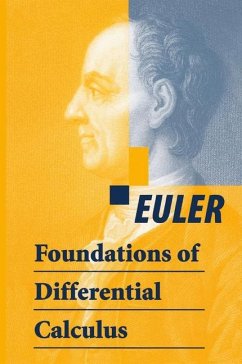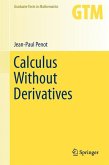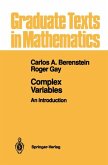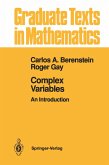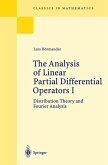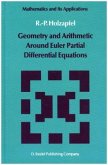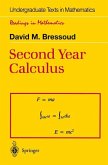What differential calculus, and, in general, analysis ofthe infinite, might be can hardly be explainedto those innocent ofany knowledge ofit. Nor can we here offer a definition at the beginning of this dissertation as is sometimes done in other disciplines. It is not that there is no clear definition of this calculus; rather, the fact is that in order to understand the definition there are concepts that must first be understood. Besides those ideas in common usage, there are also others from finite analysis that are much less common and are usually explained in the courseofthe development ofthe differential calculus. For this reason, it is not possible to understand a definition before its principles are sufficiently clearly seen. In the first place, this calculus is concerned with variable quantities. Although every quantity can naturally be increased or decreased without limit, still, since calculus is directed to a certain purpose, we think of some quantities as being constantly thesame magnitude, while others change through all the .stages of increasing and decreasing. We note this distinc tion and call the former constant quantities and the latter variables. This characteristic difference is not required by the nature of things, but rather because of the special question addressed by the calculus.
